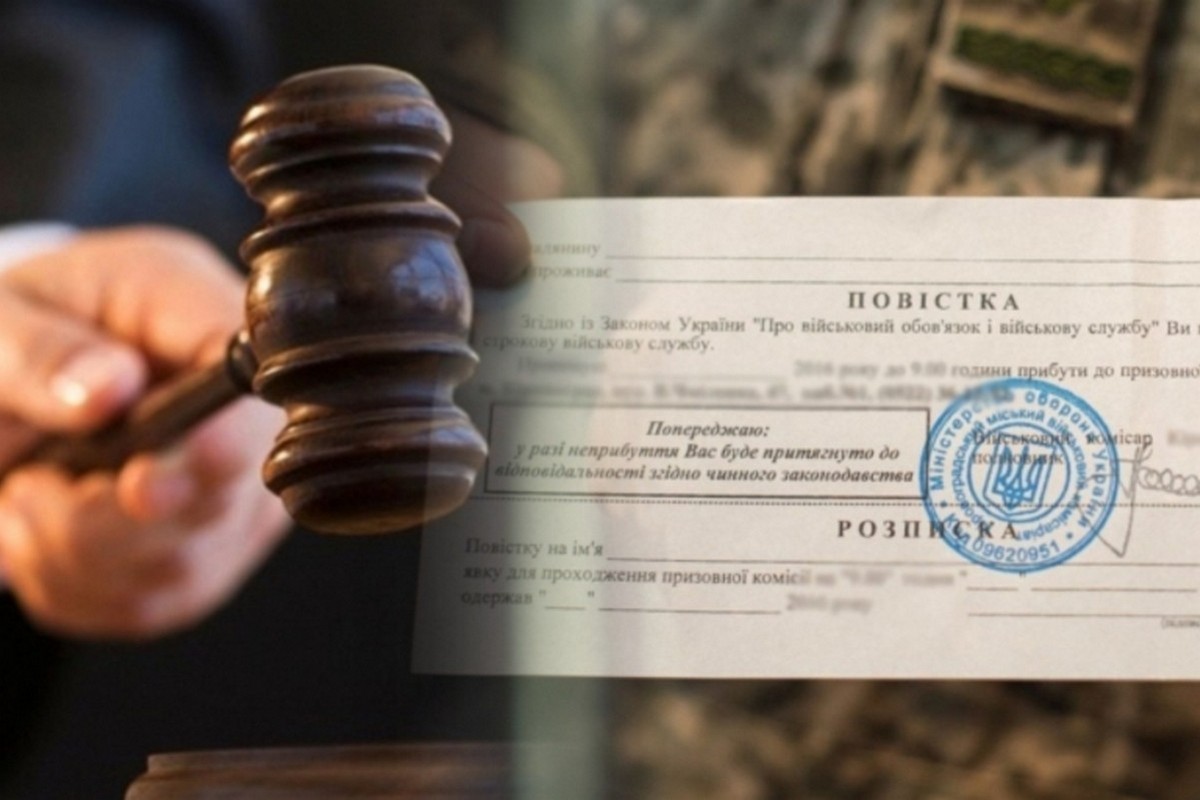How to Protect Your Rights if You Are Detained on Suspicion of Draft Evasion?
Detention on suspicion of draft evasion and the responsibility for failure to appear before the military commissariat is a serious legal step that entails restrictions on freedom and potential legal consequences. In such a situation, it is crucial to know your rights and take steps to ensure that the military commissariat does not exploit your ignorance. Taking action to protect your rights is necessary to avoid breaking the law and prevent penalty for failure to appear at the military commissariat.
Your Rights During Detention: What Is Important to Know?
Detention is not only an emotional stress but also a serious legal situation. Remember that even during detention, you have a number of rights that allow you to protect yourself from unlawful actions by law enforcement. One of these rights is legal support at the military commissariat. It is essential to be aware of these rights and immediately take the opportunity to defend yourself, especially through an attorney, to avoid undesirable consequences. According to the Constitution of Ukraine and the Criminal Procedure Code, everyone has the right to protection and legal representation at the Territorial Recruitment and Social Support Centers (TCC and SP). The legal procedures for detention must be followed:
- Right to Defense: You have the right to qualified legal assistance from the moment of detention. You cannot be denied the right to a lawyer, and even if you cannot afford one, a state-appointed attorney will be provided for free.
- Right to Silence: You are not required to testify against yourself or your family. The detained person has the right to remain silent during the investigation, which can be crucial for defense.
- Right to Information: During detention, the reasons for your detention and your rights must be explained. You have the right to know why you were detained and what specific actions you are suspected of.
Detention is a stressful and difficult situation, but knowing your rights allows you to remain calm and act properly. During detention, you have the right to defense, truthful information about the grounds for your detention, and access to a lawyer, regardless of whether you are accused of evading the military commissariat or failing to appear. Ignoring these rights and hiding from the military commissariat can lead to violations of your legal interests. It is important to stay calm, avoid rushing to respond, consult with a lawyer, and ensure that the detention process is conducted in accordance with the law.
What to Do After Detention: First Steps
After detention, it is important to act clearly and carefully to ensure your legal safety. Detention is often accompanied by stress and misunderstandings, but knowing your rights and the correct behavior tactics can help minimize potential negative consequences. Here’s what to do if you received a summons to the military commissariat but didn’t show up and are facing problems:
- Consult an Attorney: If you are detained, contact a lawyer immediately. Proper representation at the military commissariat can help you communicate with law enforcement, protect you from possible violations of your rights, and ensure that your attorney is present during questioning and investigative actions. The attorney will also provide advice on whether you have grounds for release and help develop your defense strategy.
- Do Not Testify Without an Attorney: Remember that you have the right to remain silent. You are not obligated to testify without an attorney, as any self-incriminating statements could be used against you later. Sometimes, it is crucial not to rush to respond and wait for legal consultation.
- Verify the Legality of the Detention: Check whether all legal norms were followed during your detention. If the detention was made without proper grounds or on unlawful motives, a complaint can be filed against the military commissariat in court.
After detention, it is important to remain calm and demand legal assistance, as you have the right to legal aid. Do not provide testimony without consulting with a lawyer, as your words could be used against you. Your actions should be clear and in accordance with the law to protect your rights and interests.
Question
What should I do if I received a summons to the military commissariat but cannot appear on time?
Answer
If you received a summons and cannot appear by the specified date, it is important to inform the military commissariat in advance. This can be done in writing or by calling the military commissariat. In case of valid reasons, such as illness or other force majeure circumstances, you may be allowed to reschedule your appearance. Avoid hiding, as this could lead to fines or other penalties.
Question
Can I challenge an unlawful summons to the military commissariat?
Answer
Yes, if you believe that the summons to the military commissariat was unlawful or unfounded, you have the right to file a complaint. This can be done through an official appeal channel or by consulting with a lawyer for assistance in such matters. If your rights have been violated, your lawyer will help protect you and submit the necessary documents to resolve the issue.
Support of a lawyer at military point
Challenging the actions of law enforcement agencies: If your rights were violated during your detention (for example, unlawful detention or insufficient grounds for accusation), a lawyer can file a complaint with the relevant authorities.
Appealing a court decision: If the court has made a decision regarding your detention, a lawyer can file an appeal or approach higher instances for a case review.
Participation in negotiations with law enforcement agencies: It is important that all actions regarding mobilization or evasion from it are documented and supported by your rights. A lawyer can negotiate with the agencies responsible for mobilization to reach a reasonable solution.
In the case of detention on suspicion of evasion from mobilization, it is important to stay calm, act in accordance with the law, and seek qualified legal assistance. Remember that every citizen has the right to protect their rights, and even if you find yourself in an unpleasant situation, knowing your rights and the steps for protection will help you preserve your freedom and avoid unlawful actions.
































